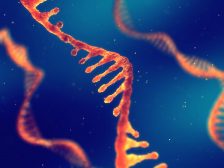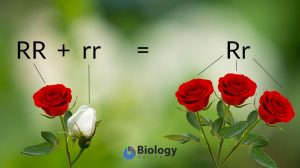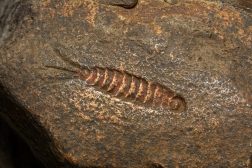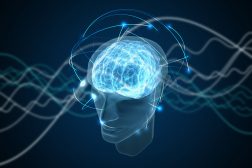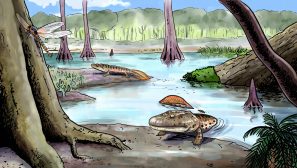Definition
noun
A branch of biology concerned primarily with the study of fish
Supplement
Ichthyology is the scientific study of fish. It is a branch of biology, which is a branch of science that deals with all living things. Ichthyology is concerned with fish species, particularly the Chondrichthyes (cartilaginous fish), the Osteichthyes (bony fish), and the Agnatha (jawless fish).
An expert in this field is called an ichthyologist. The interest in fish can be traced back to as early as the time when humans hunt and gather fish. The early humans would attempt to understand where and how to obtain the kinds of fish that are edible and useful. Nevertheless, ichthyology as a formal science in particular could be traced back during the time when Aristotle provided the earliest classification of fish and documented anatomical features and behavior of fish species that characterize them from other marine mammal species. Modern ichthyology was conceived during the European Renaissance. Important contributions during this era were provided particularly by three prominent scholars: Hippolito Salviani, Pierre Belon, and Guillaume Rondelet. Hippolito Salviani was an Italian. One of his recognized contributions was his book Aquatilium animalium historiae (included descriptions of hundreds of Mediterranean fish). Pierre Belon, a French naturalist, wrote on various topics such as ichthyology, ornithology, botany, comparative anatomy, etc. Guillaume Rondelet, an anatomist and a naturalist, contributed to ichthyology through his book, Libri de piscibus marinis in quibus verae piscium effigies expressae sunt.. In this book, he described the anatomical features of various marine species and examined how they differ and how they function.
Word origin: Greek ikhthús (“fish”) + –logy (study)
Synonym:
- fish science
See also:

